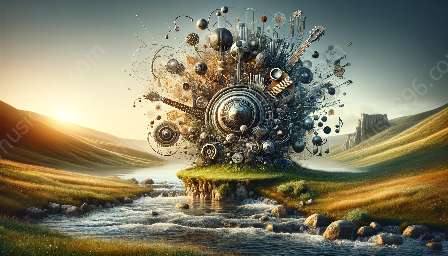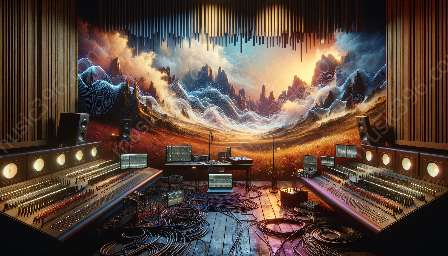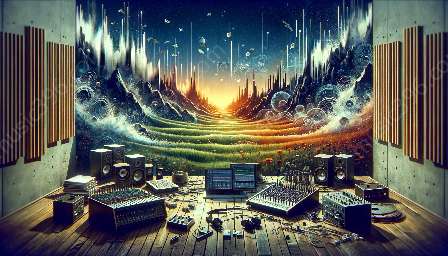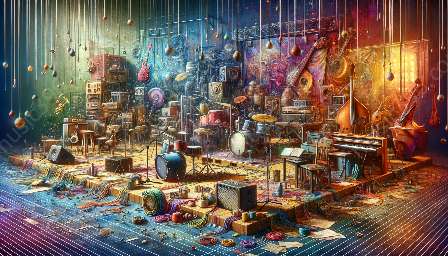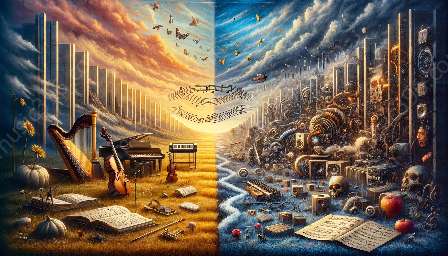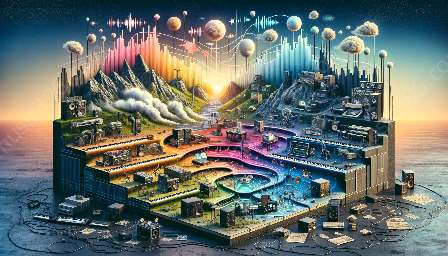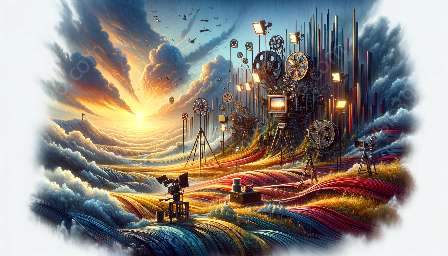Introduction
Experimental music is a diverse and innovative genre that challenges traditional musical conventions. With its unconventional sounds and techniques, experimental music often pushes the boundaries of creativity and expression. However, like any form of art, experimental music is vulnerable to unauthorized use and misappropriation, posing challenges to intellectual property rights.
Understanding Unauthorized Use and Misappropriation
Unauthorized use and misappropriation of experimental music refer to the act of using experimental music without proper authorization or in a way that infringes on the rights of the creators or copyright holders. This can include unauthorized sampling, plagiarism, or commercial exploitation of experimental music without permission.
Intellectual Property Rights in Experimental Music
Intellectual property rights play a crucial role in protecting the creations of musicians and artists, including those in the realm of experimental music. These rights encompass copyright, which protects original musical compositions, as well as performance rights, which govern the public performance and broadcasting of music. Understanding and upholding these rights is essential for safeguarding the integrity and livelihood of experimental musicians.
Challenges Faced in the Industry
The experimental and industrial music industries face unique challenges when it comes to protecting against unauthorized use and misappropriation. The boundary-pushing nature of experimental music can make it difficult to establish clear ownership and delineate the boundaries of permissible use. Additionally, the underground and non-mainstream nature of experimental music can result in limited resources for legal protection and enforcement.
Strategies for Challenging Unauthorized Use and Misappropriation
Effective strategies for addressing unauthorized use and misappropriation of experimental music involve a combination of legal, technological, and educational approaches. These can include:
- Clear Licensing Agreements: Utilizing comprehensive licensing agreements that outline the terms of use for experimental music, including permissions for sampling and derivative works.
- Technological Solutions: Implementing digital rights management (DRM) and watermarking technologies to track and protect music assets.
- Advocacy and Education: Raising awareness about intellectual property rights within the experimental music community and advocating for the fair and ethical use of music.
Collaborative Initiatives and Industry Support
Collaborative initiatives within the experimental and industrial music communities, as well as support from industry organizations and legal advocates, can strengthen the collective effort to challenge unauthorized use and misappropriation. By fostering a culture of respect for intellectual property and providing resources for legal guidance and representation, these collaborative efforts can empower experimental musicians to protect their creations.
Conclusion
Challenging unauthorized use and misappropriation of experimental music is a multifaceted endeavor that requires a combination of legal, technological, and community-driven approaches. By understanding the nuances of intellectual property rights in experimental music and implementing effective strategies for protection, the experimental music community can preserve the integrity and value of its creative output.










